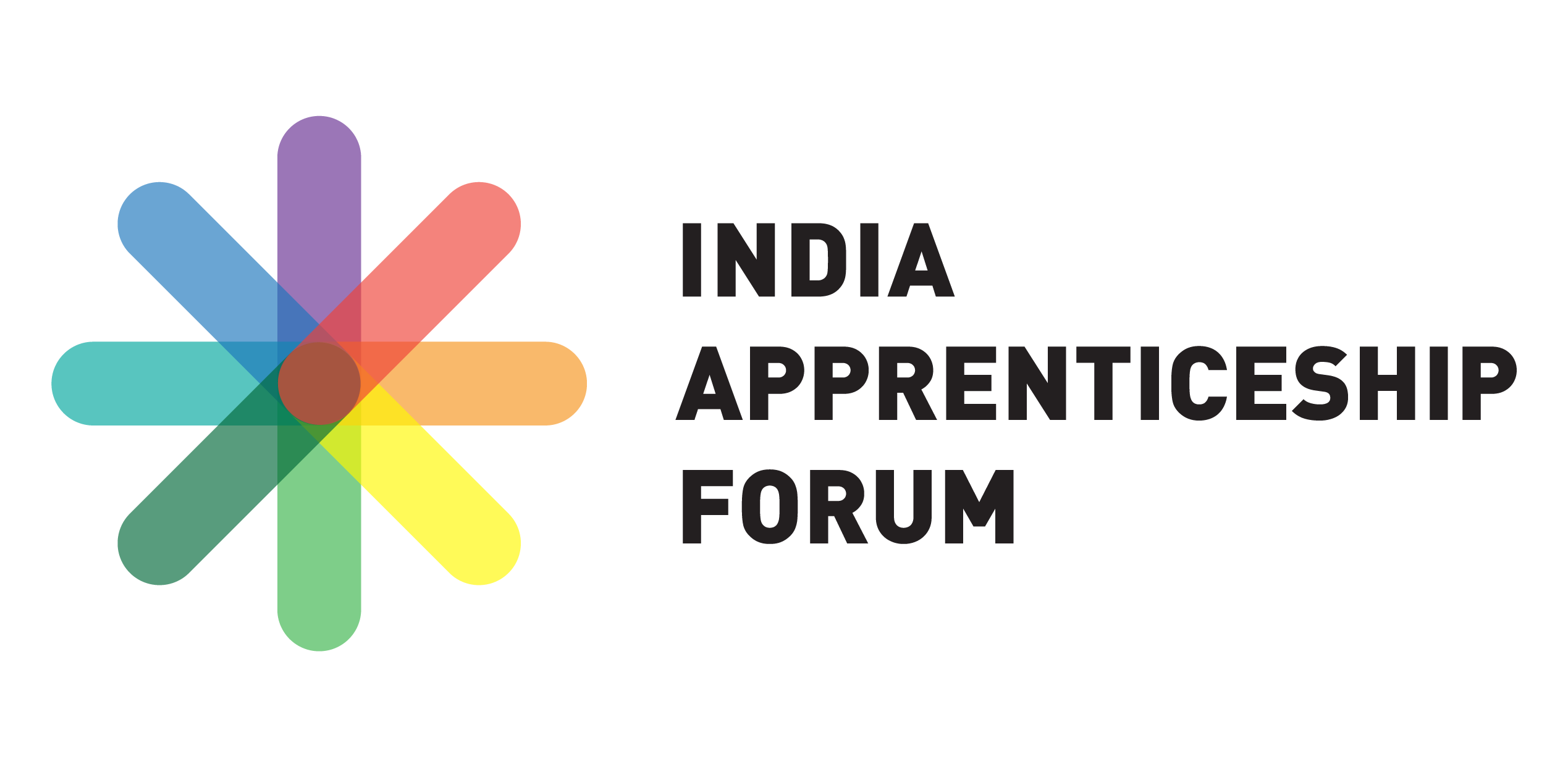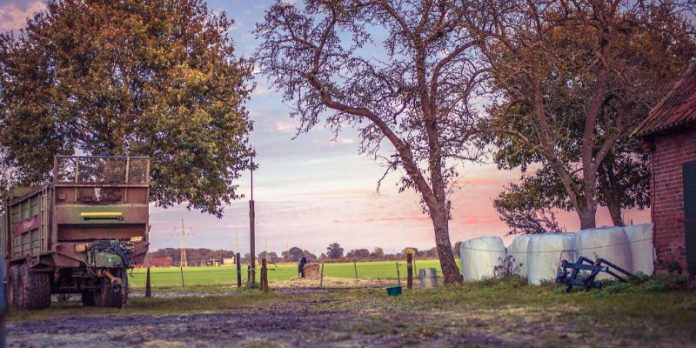Under Skill India Mission, Ministry of Skill Development and Entrepreneurship (MSDE) has been delivering skills through various schemes viz. Pradhan Mantri Kaushal Vikas Yojana (PMKVY), Jan Sikhshan Sansthan (JSS), National Apprenticeship Promotion Scheme (NAPS) and Craftsman Training Scheme (CTS) through Industrial Training Institutes (ITIs), to youths across the country.
All schemes presently being run by MSDE have gone through third party evaluation exercise generally and also in particular, at the time of grant of extension of the respective schemes. Details of the evaluation of the Schemes implemented by MSDE are as under:
PMKVY: PMKVY 2.0 was evaluated by NITI Aayog in October 2020 under jobs and skills sector. The impact evaluation study draws inference of the scheme level contribution to the larger jobs and skills sector along with clear reflection of following strength and outcome achieved during implementation:
- The training provided under the scheme is relevant to the employers and they prefer candidates trained under PMKVY compared to untrained candidates.
- 52 percent of the candidates who were placed in full time/part time employment and had completed training under the RPL component received higher salary or felt that they will get higher salary compared to their peers who have no certification.
- About 94 percent of the employers surveyed reported that they would hire more candidates trained under the scheme.
- About 67 percent and 18 percent of the employers surveyed reported that the overall experience with respect to the recruitment process was good and very good, respectively.
Further, third-party impact evaluation of the scheme PMKVY 2.0 (2016-20) was conducted by the Indian Institute of Public Administration (IIPA). The impact evaluation study draws following inference:
- The maximum percentage of beneficiaries (70.5%) received placement in their desired skill sector.
- To ensure that high standards of quality are maintained by PMKVY Training Centres, NSDC and empanelled inspection agencies use various yardsticks. These involve validations, surprise visits, and monitoring through the Skill India Portal (SIP) (erstwhile Skills Development Management System (SDMS)). These standards are intensified using the latest technologies.
- As an impact of the scheme, 118.2% change in monthly wages of beneficiary trainees has been recognized. Average monthly remuneration/wages of surveyed beneficiaries increases from Rs. 8,422.64 to Rs. 17,871.26 post completion of training under PMKVY 2016-20.
JSS: Third-party impact evaluation of the scheme JSS was conducted by the Indian Institute of Public Administration (IIPA) & it was completed by July, 2020. As per the report, women representation is 79%; rural share is 50.5%; 73.4% change in the employment for enhanced livelihood; 89.1% change in the average income of each beneficiary; 85.7% mobilization of beneficiaries by JSS.
ITI: The final report of Tracer Study of ITI Graduates (published in January 2018 by the MSDE, GoI) mentions that 63.5% of total ITI pass-outs got employed (wage+ self, out of which 6.7% are self-employed) and 36.4% remained unemployed and was looking for jobs. Even though the first figure was low for females (55.3%) as compared to that for males (65.1%), the corresponding figures for SCs (65%)and STs (69.8%) were higher than the percentage of total pass-outs in (wage+ self) employed.
NAPS: Third-party impact evaluation of the scheme NAPS was conducted by the National Productivity Council (NPC). As per the report, NAPS has been able to catalyze interest of both industry and youths towards apprenticeship training and coupled with strong Govt. Support and policy advocacy, the scheme has started to pick up the pace. There is a positive vibe across establishments and huge demand for apprenticeship. The two main stakeholders, i.e., apprentice and the industry see benefits from the programme. The apprentice has found it to be useful to increase his/her chances of getting employment.
Under the aegis of MSDE, National Institute of Entrepreneurship and Small Business Development (NIESBUD) has been working for the empowerment, upliftment and development of women across the country. The institute conducts Entrepreneurship orientation programmes, Entrepreneurship Awareness Programmes, Entrepreneurship Development Programmes (EDP) and Entrepreneurship Skill Development Programmes (ESDP), Women Entrepreneurship Development Programmes (WEDP), for women who wish to become self-reliant or start innovative businesses. The focus is on encouraging women entrepreneurs through appropriate incentives for women owned businesses under the public procurement process. NIESBUD has designed Entrepreneurship Development Programmes for the rural women with the objective to inculcate entrepreneurial values, attitude and motivation among the rural women to take up challenges to set up an enterprise/group enterprise.
NIESBUD has been empanelled as National Resource Organization (NRO) by M/o Rural Development under Start-up Village Entrepreneurship Programme (SVEP) for Non-farm Livelihoods to support States/UTs for capacity building/ training and programme implementation. In continuation to support the Block Level programme managers, the Institute has organized capacity building programme for SVEP BPM (Block Programme Managers) of Madhya Pradesh, Uttar Pradesh and West Bengal from 20/06/2022 to 27/06/2022 in order to train them to implement the programme in efficient manner and support the beneficiaries in micro enterprise creation.
MSDE is also implementing ‘Economic Empowerment of Women Entrepreneurs and Start-ups by Women’ (WEE) supported by Deutsche Gesellschaft fuer Internationale Zusammenarbeit (GIZ) GmbH, on behalf of the German Federal Ministry for Economic Cooperation and Development (BMZ) – to improve the framework conditions for women-led enterprises in India. The project aims to pilot incubation and acceleration programmes for women micro entrepreneurs, enabling them to start new businesses and scale up existing enterprises in the States of Maharashtra, Rajasthan, Telangana, Uttar Pradesh and 8 North Eastern States of the country. A total of 725 women entrepreneurs have been supported under the project under both incubation and acceleration support programmes.
Further, 588 Rural Self Employment Training Institutes (RSETIs), promoted by Banks, are functioning across the country extending skill and entrepreneurship development training programmes to rural poor un-employed youth to facilitate them to employ themselves by commencing self-employment units/activities. This Ministry is reimbursing cost of training imparted by the RSETIs to the rural poor youth through the State Rural Livelihoods Missions (SRLMs), besides providing infrastructure grants to the Institutions. Since inception, a total of 40.31 lakh youths have been trained and 28.40 lakh youths have been settled up-to 28th February, 2022.
Ministry of Rural Development is also implementing Start-up Village Entrepreneurship Programme (SVEP) as a sub-scheme under the Deendayal Antyodaya Yojana–National Rural Livelihoods Mission (DAY-NRLM) with the objective of helping the rural poor to set-up enterprises at the village level in non-agricultural sectors. The operational unit of the project is Block. A maximum of 2,400 enterprises can be supported in one Block with the approved funds. The maximum budget for one Block under SVEP is Rs. 597.76 lakhs. A total of 1,97,168 enterprises across 23 States/UTs have been supported so far.
Skill initiatives under the Capacity Building and Handholding Support programme for certified beneficiaries of JSS and Cluster Artisans of NER project has created an entrepreneurial ecosystem within the North East Region. Till date, a total number of 1514 of beneficiaries have been trained up through EDP, Training of Trainers (ToT) on Entrepreneurship Development, ToT on Consultancy on Entrepreneurship, Financial Literacy Programme and Handholding Support programmes. Most of the beneficiaries have started their business or ventures after successfully completing their training. Most of the EDPs for Cluster Artisans and certified JSS Beneficiaries under Capacity Building and Handholding Support programme have been conducted in rural areas through which promotion of Entrepreneurship has been initiated in rural areas.
Further, under RSETIs, 28.40 lakh youths have been settled, so far and under SVEP, 1,97,168 enterprises have been set up till 28th February, 2022.
This information was given by the Minister of State for Skill Development and Entrepreneurship, Shri Rajeev Chandrasekhar in a written reply in the Lok Sabha today.













